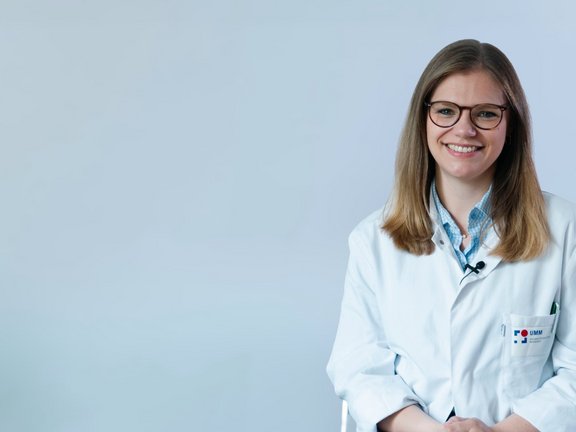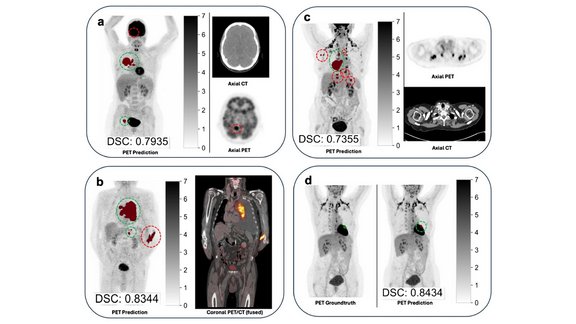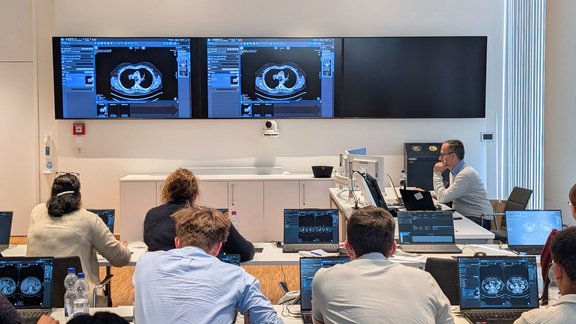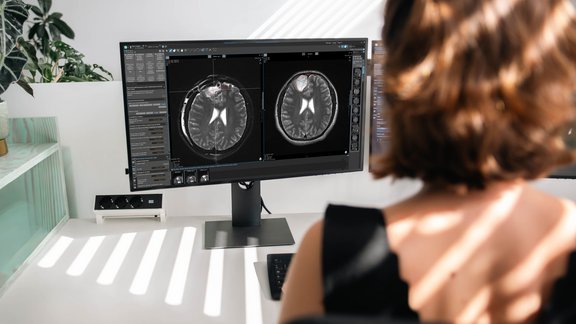Rare tumors, major challenges: The RACOON-SAGA project explores how imaging and clinical data can improve the pre-therapeutic characterization of soft tissue sarcomas. In this interview, Dr. Madelaine Hettler from University Medical Center Mannheim explains how radiology and surgery collaborate within the Network University Medicine — and why structured data are key to making therapy decisions more precise and personalized.

Rare Tumors, Big Goals: How RACOON-SAGA Aims to Improve Therapy Decisions
Related Resources
Related Resources

LMU University Hospital: Artificial Intelligence for TNM Staging in NSCLC – How Reliable Are AI-Based Segmentations?
The recent study “Artificial intelligence for TNM staging in NSCLC – a critical appraisal of segmentation utility in [¹⁸F]FDG PET/CT” provides a…

Successful “RECIST and Beyond” Workshop in Cologne: Advancing Precision in Oncologic Imaging
How can complex tumor findings be assessed accurately, reproducibly, and in line with clinical guidelines?

Implementing RANO 2.0 for Neuro-Oncology Clinical Trials in mint Lesion
Tumor response assessment in neuro-oncology clinical trials requires careful attention to measurement protocols and confirmation scan requirements. To…